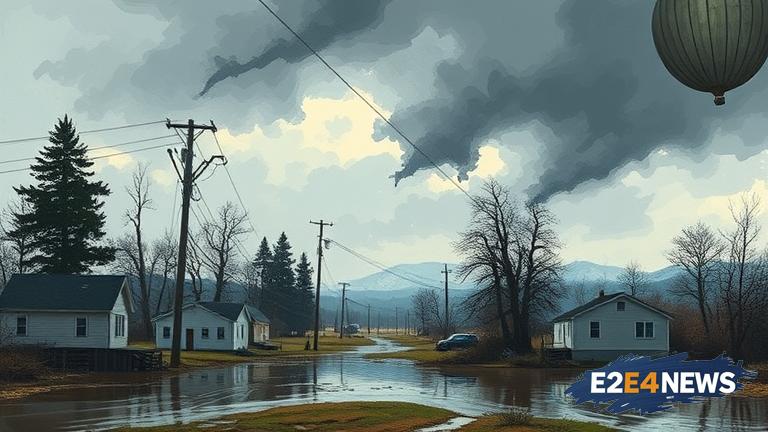The recent uncertainty surrounding federal disaster aid has left many communities across the United States in a state of limbo. As natural disasters continue to ravage the country, the need for federal assistance has never been more pressing. However, the lack of clarity on the availability of aid has made it difficult for affected communities to plan for the future. The Federal Emergency Management Agency (FEMA) is responsible for providing disaster relief, but the agency’s funding has been a subject of debate in recent years. The uncertainty surrounding federal disaster aid has been exacerbated by the ongoing budget negotiations in Congress. Lawmakers have been unable to reach an agreement on the budget, leaving many programs, including FEMA, without a clear funding stream. This has resulted in a lack of confidence among community leaders, who are unsure of how much aid they can expect to receive. The impact of this uncertainty is being felt across the country, from the Gulf Coast to the West Coast. Communities that have been affected by hurricanes, wildfires, and floods are all waiting with bated breath to see if they will receive the aid they so desperately need. The uncertainty has also had a ripple effect on the economy, as businesses and individuals wait to see how the aid will be allocated. In addition to the economic impact, the uncertainty has also taken a toll on the mental health of those affected by the disasters. Many people are still struggling to come to terms with the trauma they experienced, and the lack of clarity on the aid has only added to their stress. The federal government has a responsibility to provide aid to those in need, and it is imperative that lawmakers come to an agreement on the budget as soon as possible. The longer the uncertainty persists, the more difficult it will be for communities to recover from the disasters. Furthermore, the lack of aid has also affected the infrastructure of the affected communities, with many roads, bridges, and buildings still in need of repair. The situation is further complicated by the fact that many of the affected communities are low-income and lack the resources to recover on their own. As the situation continues to unfold, it is clear that the federal government must take immediate action to provide the necessary aid to those in need. The affected communities are not just waiting for aid, they are also waiting for a sense of hope and reassurance that the government is committed to helping them rebuild. The federal government must prioritize the allocation of disaster aid and work towards providing a clear and timely funding stream to those affected by natural disasters.
